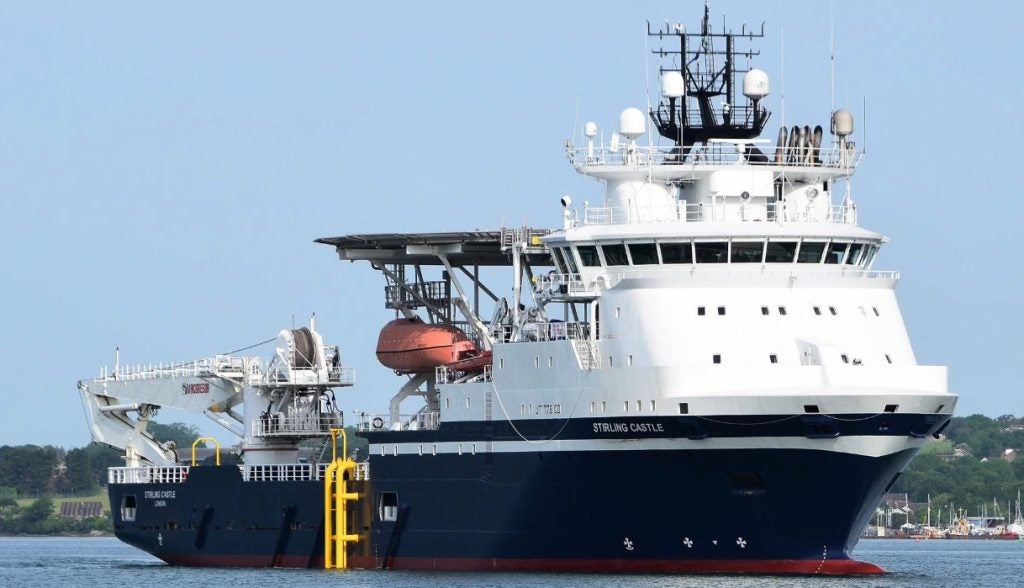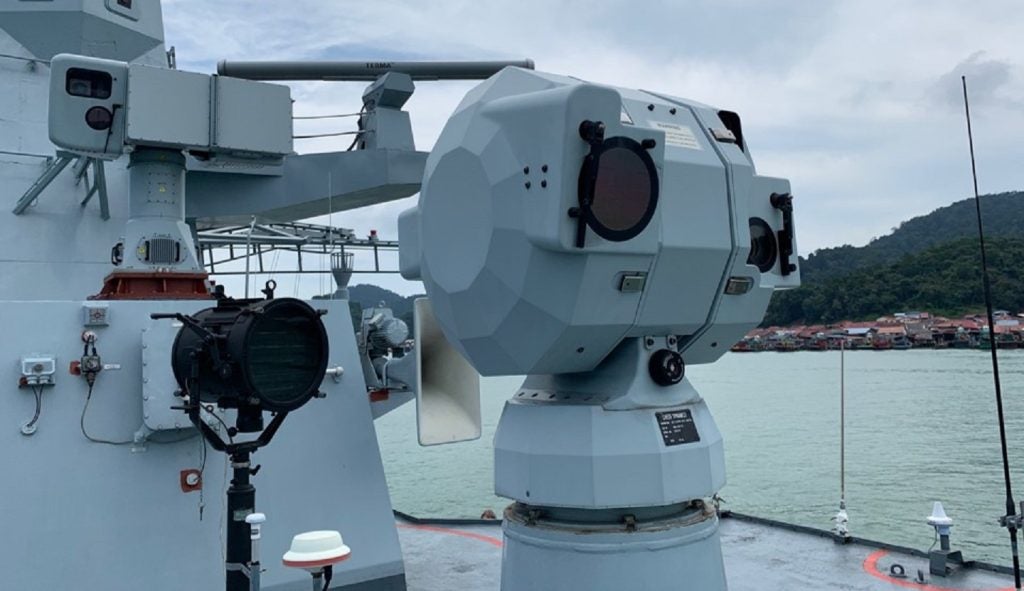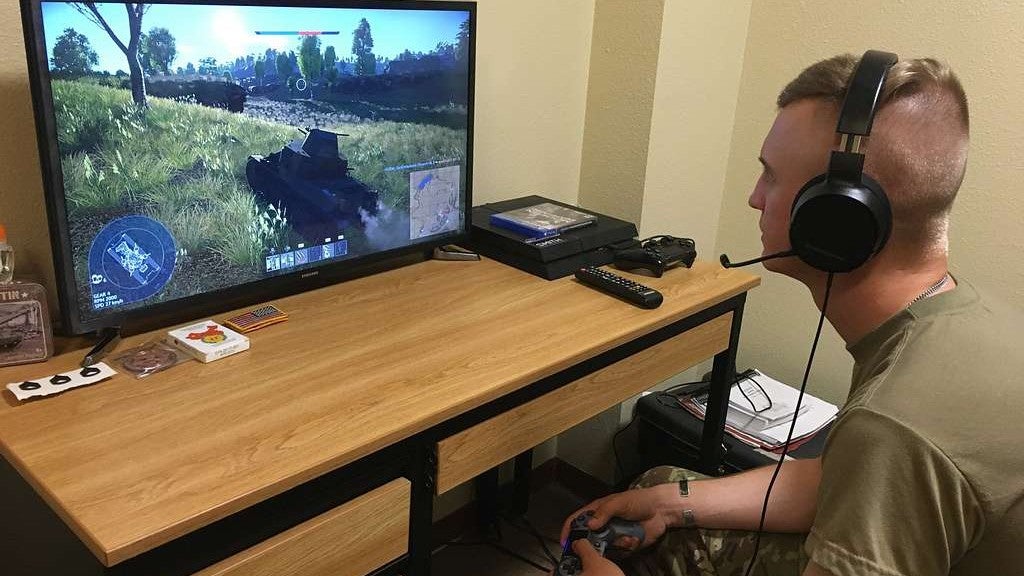
New contracts for the UK’s acquisition of naval mine countermeasure (MCM) capabilities could be on the horizon, after the UK Ministry of Defence (MoD) stated that details of the wider plan for MHC Block 2 will be released in Spring 2024.
In an early engagement notice published in early December 2023, the MoD stated that the updated acquisition pipeline relating to MHC Block 2 will be met “using existing contractual arrangements”, much of which will be met through the placement of news contracts, including the procurement of a “new variant of Remote Command Centre” and a synthetic system level training facility.
The note added that, “subject to a Full Business Case approval in 2026”, there would be “significantly” more funding allocated for the acquisition of MHC Block 2 mission equipment.
It is likely that much of the capabilities being sought will be in the form of maritime autonomous systems, both surface and subsurface, which are being developed to provide the Royal Navy an uncrewed MCM capability. Currently, the majority of the Royal Navy’s MCM capability is provided by the Hunt– and Sandown-class MCM vessels, although these are slowly being withdrawn from service.
The UK recently again confirmed that two Sandown-class MCMVs were being transferred to the Ukrainian Navy.
The MHC Block 2 phase will continue the work seen under Block 1, which saw the development of concepts and plan to create an uncrewed MCM capability. Block 2 will further this through the maturation of technology, using machine learning and AI, improved command-and-control, as well as the development of new autonomous technologies.
How well do you really know your competitors?
Access the most comprehensive Company Profiles on the market, powered by GlobalData. Save hours of research. Gain competitive edge.

Thank you!
Your download email will arrive shortly
Not ready to buy yet? Download a free sample
We are confident about the unique quality of our Company Profiles. However, we want you to make the most beneficial decision for your business, so we offer a free sample that you can download by submitting the below form
By GlobalDataAccording to UK Defence Equipment and Support (DE&S), an arm of the MoD, MHC systems include the joint French/UK Maritime Mine Counter Measures (MMCM) system, the WILTON mine detection system, the Combined Influence Minesweeping (SWEEP) system, and the SEACAT Medium Underwater Autonomous Vehicle. The programme is also providing host platform to expand operating ranges.
In terms of host platforms, the MHC will initially use two vessels; the RFA Stirling Castle, acquired in 2023 to be the UK host platform; and the Bay-class Landing Platform Dock RFA Cardigan Bay, which is based at Mina Salman in Bahrain and will function as the Gulf host platform.
UK MHC host vessel delivered to Royal Navy
On 11 December, 2023, DE&S stated the former 6,000 tonne specialist offshore support vessel Stirling Castle, purchased to carry cutting-edge autonomous minehunting systems, had been delivered to the UK Royal Navy.
The newly christened RFA Stirling Castle will deploy the systems to locate, identify and neutralise mines and underwater explosive devices, particularly in UK waters, as well as gathering further critical data for analysis.

Technology onboard will include the joint French-UK Maritime Mine Counter Measures (MMCM) system, the Combined Influence Sweep (SWEEP) system and Medium Underwater Autonomous Vehicles (MAUVs).
RFA Stirling Castle has undergone military conversion and will be operated by the Royal Fleet Auxiliary, with the delivery coming a month after the arrival of RFA Proteus, will host specialist autonomous systems to safeguard seabed telecommunications cables and oil and gas pipelines.







